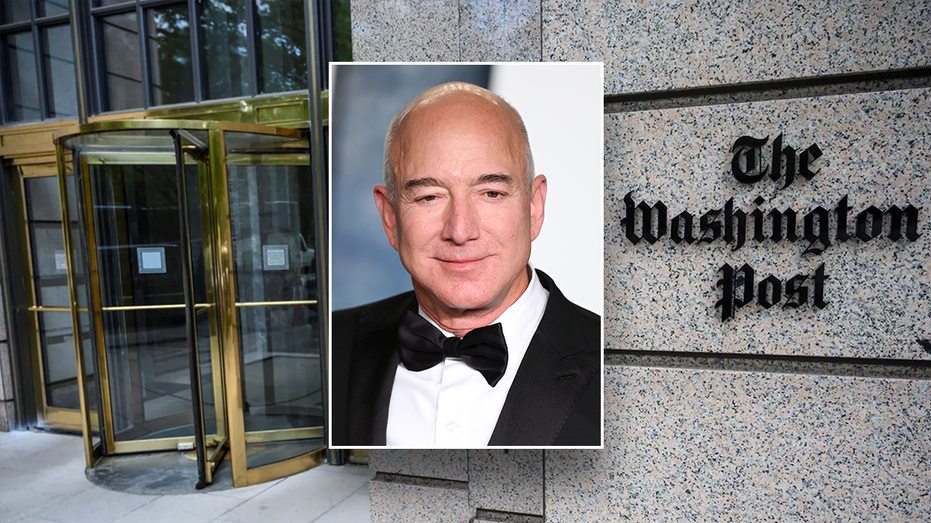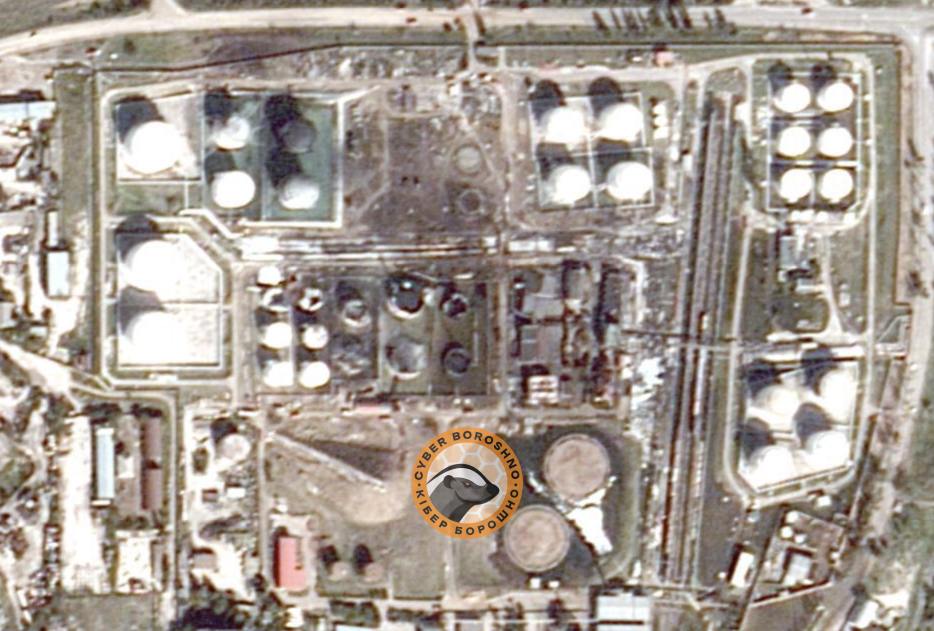Jamie Dimon Has Found a New Thing to Be Wrong About
Jamie Dimon is in the strata of rich guys whose opinions on just about anything are periodically deemed newsworthy. On any given week, a Google News search for the JPMorgan CEO will surface results regarding his thoughts on everything from artificial intelligence to the stock market and—this week—fossil fuels. In his annual letter to shareholders, released earlier this week, Dimon spouted off about the White House’s temporary pause on approving new liquified natural gas export terminals, erroneously calling it a “cancellation of future liquified natural gas (LNG) projects.” (It’s a pause.) The decision was “wrong” and “enormously naïve,” he wrote, made only “to pacify those who believe that gas is bad and that oil and gas projects should simply be stopped.” Dimon did not mention the fact that the U.S. is continuing to export record volumes of both oil and gas.Dimon fancies himself an important man with important ideas. He is also a man with a lot of bad ideas: Dimon was the champion and “personal banker” of defamed WeWork CEO Adam Neumann, extending nearly $100 million in mortgages and other loans to Neumann personally. “We make terrible mistakes sometimes and we apologize for it,” Dimon said last summer after JP Morgan paid $290 million to settle lawsuit alleging that the bank’s funding of Jeffrey Epstein enabled him to traffick young women. Back in 2013, not long after financial sector gambling nearly cratered the global economy, JP Morgan Chase was fined $920 million for “unsafe and unsound practices” after its trading operations generated about $6 billion in losses. In 2016, the bank paid $264 million to the Securities and Exchange Commission and Federal Reserve to resolve allegations that it’d hired the relatives of Chinese officials in order to win banking deals.Given Dimon’s track record of bad decision making, it’s a wonder that the business press is still so eager to treat his tidbits of folk wisdom like some sort of prophecy. When it comes to the climate crisis, especially, Dimon’s philosophies shouldn’t be understood as anything other than extension of his business interests. Between 2015 and 2022, the bank Dimon runs has extended more financing to fossil fuel development than any of its competitors, $434 billion; Citigroup, the next biggest fossil fuel financier, extended $333 billion to coal, oil and gas over the same time period. In other words, Dimon has a vested interest in ensuring that there are as few restrictions placed on fossil fuel investment as possible. That’s also why, as Dimon writes in this year’s letter to shareholders, JP Morgan’s asset management arm quit the “investor-led” initiative Climate Action 100+ earlier this year. “While we don’t necessarily disagree with some of the principles many organizations have, we make our own business decisions,” Dimon wrote. “We think we have some of the best-in-class environmental, social and risk standards because we have invested in our own in-house experts and matured our own risk management processes over the years.”JP Morgan has invented some creative math for assessing its own greenhouse gas emissions: subtracting its financing for lower-carbon energy projects from the “Scope 3” emissions associated with its fossil financing, which account for as much as 95 percent of emissions from those companies and activities. Essentially, these new metrics—announced in the bank’s annual climate report last year—could let JP Morgan Chase claim to be environmentally friendly while still investing just as much as it currently does in fossil fuels.Jamie Dimon’s musings aren’t totally worthless. They’re a good reminder that banks and asset managers, like the emissaries of any other capitalist firm, can be trusted to do precisely one thing: try to make as much money as possible. Until there are real constraints placed on their ability to continue financing destructive businesses—or until those destructive businesses are made unprofitable—JP Morgan Chase and its competitors will keep funding them, alongside whatever lower-carbon businesses they deem worthy of investment. Shareholder letters are an elaborate attempt by CEOs to convince the public that they care about anything other than their bottom line. While they might offer some insight into the anxieties of the owning class, those letters should be read less as statements of purpose than as propaganda meant to burnish executives’ reputations.

Jamie Dimon is in the strata of rich guys whose opinions on just about anything are periodically deemed newsworthy. On any given week, a Google News search for the JPMorgan CEO will surface results regarding his thoughts on everything from artificial intelligence to the stock market and—this week—fossil fuels. In his annual letter to shareholders, released earlier this week, Dimon spouted off about the White House’s temporary pause on approving new liquified natural gas export terminals, erroneously calling it a “cancellation of future liquified natural gas (LNG) projects.” (It’s a pause.) The decision was “wrong” and “enormously naïve,” he wrote, made only “to pacify those who believe that gas is bad and that oil and gas projects should simply be stopped.” Dimon did not mention the fact that the U.S. is continuing to export record volumes of both oil and gas.
Dimon fancies himself an important man with important ideas. He is also a man with a lot of bad ideas: Dimon was the champion and “personal banker” of defamed WeWork CEO Adam Neumann, extending nearly $100 million in mortgages and other loans to Neumann personally. “We make terrible mistakes sometimes and we apologize for it,” Dimon said last summer after JP Morgan paid $290 million to settle lawsuit alleging that the bank’s funding of Jeffrey Epstein enabled him to traffick young women. Back in 2013, not long after financial sector gambling nearly cratered the global economy, JP Morgan Chase was fined $920 million for “unsafe and unsound practices” after its trading operations generated about $6 billion in losses. In 2016, the bank paid $264 million to the Securities and Exchange Commission and Federal Reserve to resolve allegations that it’d hired the relatives of Chinese officials in order to win banking deals.
Given Dimon’s track record of bad decision making, it’s a wonder that the business press is still so eager to treat his tidbits of folk wisdom like some sort of prophecy. When it comes to the climate crisis, especially, Dimon’s philosophies shouldn’t be understood as anything other than extension of his business interests. Between 2015 and 2022, the bank Dimon runs has extended more financing to fossil fuel development than any of its competitors, $434 billion; Citigroup, the next biggest fossil fuel financier, extended $333 billion to coal, oil and gas over the same time period. In other words, Dimon has a vested interest in ensuring that there are as few restrictions placed on fossil fuel investment as possible.
That’s also why, as Dimon writes in this year’s letter to shareholders, JP Morgan’s asset management arm quit the “investor-led” initiative Climate Action 100+ earlier this year. “While we don’t necessarily disagree with some of the principles many organizations have, we make our own business decisions,” Dimon wrote. “We think we have some of the best-in-class environmental, social and risk standards because we have invested in our own in-house experts and matured our own risk management processes over the years.”
JP Morgan has invented some creative math for assessing its own greenhouse gas emissions: subtracting its financing for lower-carbon energy projects from the “Scope 3” emissions associated with its fossil financing, which account for as much as 95 percent of emissions from those companies and activities. Essentially, these new metrics—announced in the bank’s annual climate report last year—could let JP Morgan Chase claim to be environmentally friendly while still investing just as much as it currently does in fossil fuels.
Jamie Dimon’s musings aren’t totally worthless. They’re a good reminder that banks and asset managers, like the emissaries of any other capitalist firm, can be trusted to do precisely one thing: try to make as much money as possible. Until there are real constraints placed on their ability to continue financing destructive businesses—or until those destructive businesses are made unprofitable—JP Morgan Chase and its competitors will keep funding them, alongside whatever lower-carbon businesses they deem worthy of investment. Shareholder letters are an elaborate attempt by CEOs to convince the public that they care about anything other than their bottom line. While they might offer some insight into the anxieties of the owning class, those letters should be read less as statements of purpose than as propaganda meant to burnish executives’ reputations.



